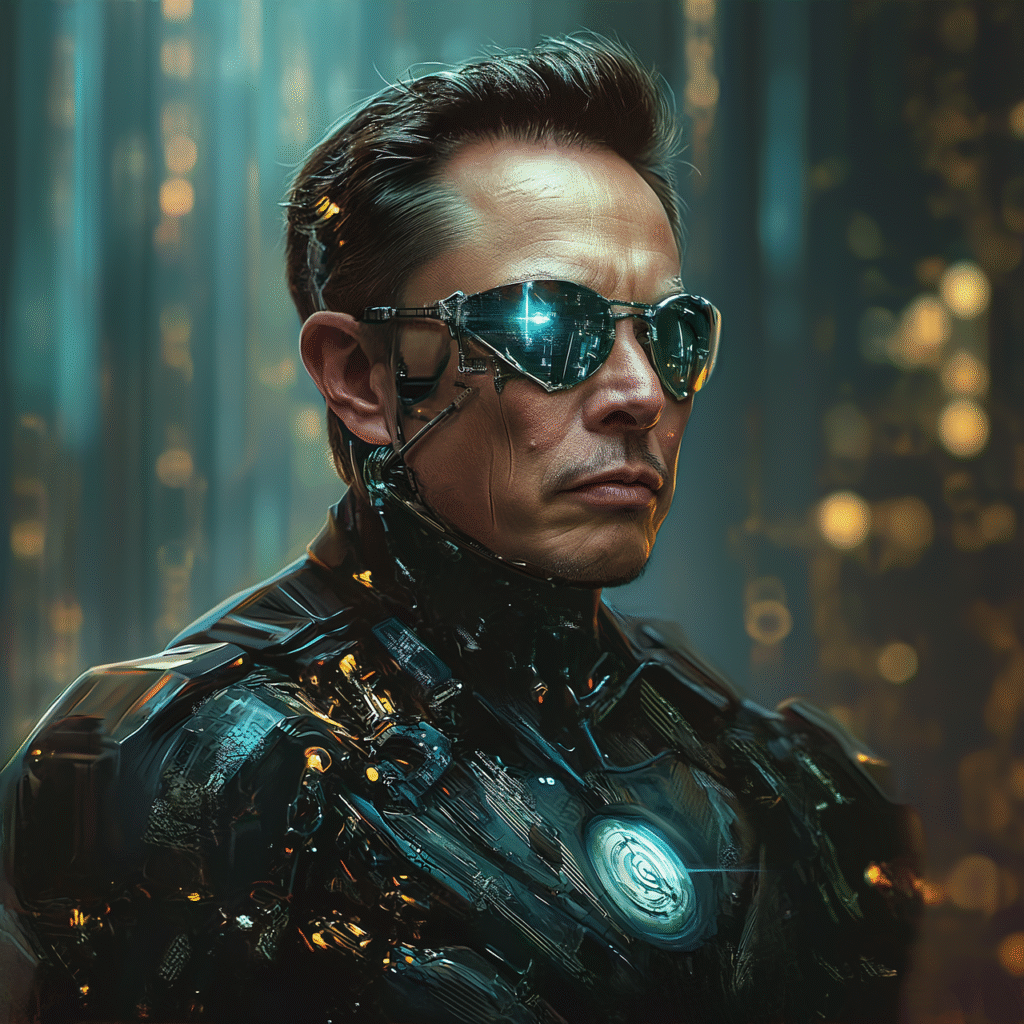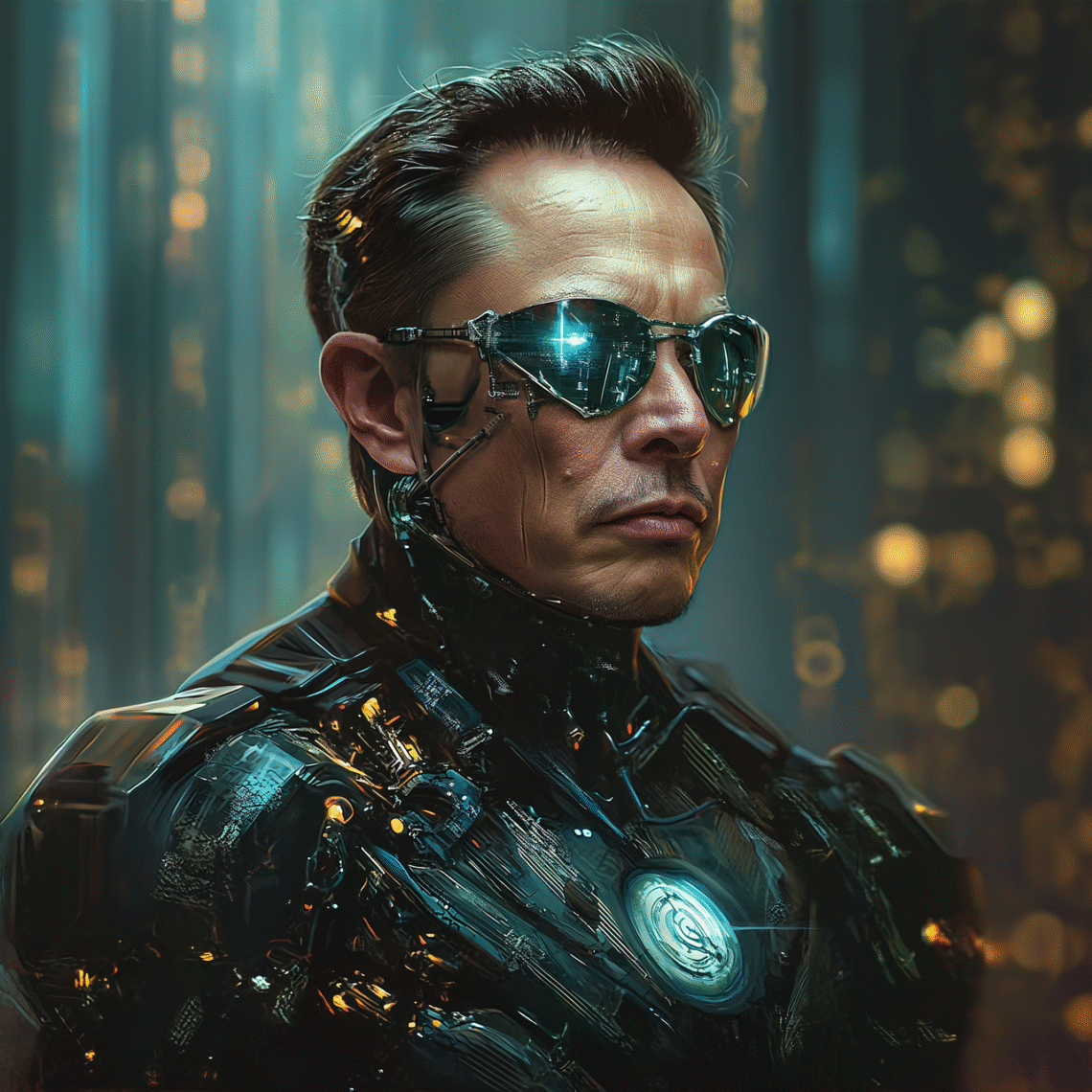
Elon Musk is one of the most well-known innovators of our time. From electric vehicles to rockets, he’s changed how people think about technology and the future.
But behind all this progress, one question often comes up: How many patents does Elon Musk actually have? And what’s his approach to intellectual property?
The answer is surprising — and reveals a lot about how Musk views innovation.
Elon Musk’s Approach to Patents
Musk has a very different attitude toward patents than most business leaders.
Instead of treating patents like prized possessions, he once said they often act more like “lottery tickets for lawsuits.” In other words, they’re more about protecting territory than helping the world.
In 2014, Musk made a bold move that shocked the business world: he opened up Tesla’s patents to the public.
Tesla’s Open Source Patent Policy
In a blog post titled “All Our Patent Are Belong To You,” Musk wrote that Tesla would not sue anyone who used its patented technology “in good faith.”
Why?
Because he believed the bigger goal — speeding up the world’s transition to clean energy — mattered more than protecting Tesla’s intellectual property.
He felt that holding onto patents for the sake of control would slow innovation. And that was something he didn’t want.
This decision was praised widely. Many saw it as a selfless move that put global progress above profit.
How Many Patents Are Linked to Musk?
So, let’s answer the main question: How many patents are actually linked to Elon Musk?
Surprisingly, Musk doesn’t hold many patents in his own name. Instead, most are filed under his companies — like Tesla, SpaceX, SolarCity, and The Boring Company.
Still, he’s linked to over 300 patents across different industries. These include patents for electric vehicles, energy storage, rocket design, solar panels, AI, and more.
So, while his name may not be on each patent, his influence is everywhere.
Examples of Notable Patents
Let’s take a closer look at some of the technologies tied to Elon Musk’s companies.
Battery Charging Systems
Tesla’s patented battery systems help cars charge faster and last longer. These systems also play a big role in energy storage — like Tesla’s Powerwall and Megapack.
Rocket Engines and Launch Systems
At SpaceX, there are dozens of patents related to reusable rockets, landing gear, engine cooling, and fuel systems. Musk’s goal of making space travel more affordable relies heavily on these technologies.
Solar Roof and Energy Solutions
Tesla’s solar roof is protected by patents for its design, installation method, and energy conversion. The tech aims to replace traditional roofs with solar-powered ones — combining form and function.
Autopilot and User Interface
Tesla vehicles use a mix of AI, radar, and cameras. The software that controls it — including Autopilot — is protected under various patents for safety systems, user control, and visual display.
All of this shows how deeply Musk’s ideas are built into the products his companies create.
Why Musk Doesn’t Focus on Personal Patents
Musk has said that he doesn’t believe in “patents for the sake of patents.” He’s more focused on solving big problems than collecting legal rights.
He believes open innovation creates faster progress.
This is also part of his larger mission: helping humanity. Whether it’s clean energy, space travel, or AI safety — Musk wants real results, not just ownership.
That’s why he hasn’t made a habit of putting patents under his personal name. He cares more about the outcomes than the credit.
Patents and Innovation: A Balanced View
To be fair, patents do have value.
They protect inventors from copycats. They also encourage companies to invest in research and development, knowing they’ll have time to profit from their inventions.
But Musk’s open-source approach pushes a new way of thinking.
He believes that some problems are too big to solve alone. If other companies can use Tesla’s tech to make more electric vehicles, that helps everyone.
Not everyone agrees. Some critics say giving away patents could make Tesla lose its competitive edge. But so far, Tesla continues to grow — proving that openness and business success can go hand-in-hand.
Conclusion
So, how many patents does Elon Musk have?
While he personally holds only a few, he’s connected to over 300 patents through his companies. These patents cover a wide range of innovations — from batteries and cars to rockets and solar energy.
But the bigger story is how Musk views patents. He believes in sharing ideas when it leads to faster progress, especially on global issues like climate change.
Instead of protecting his innovations behind legal walls, he opened the door for others to follow.
And that mindset may be just as revolutionary as any rocket or electric car he’s ever built.


